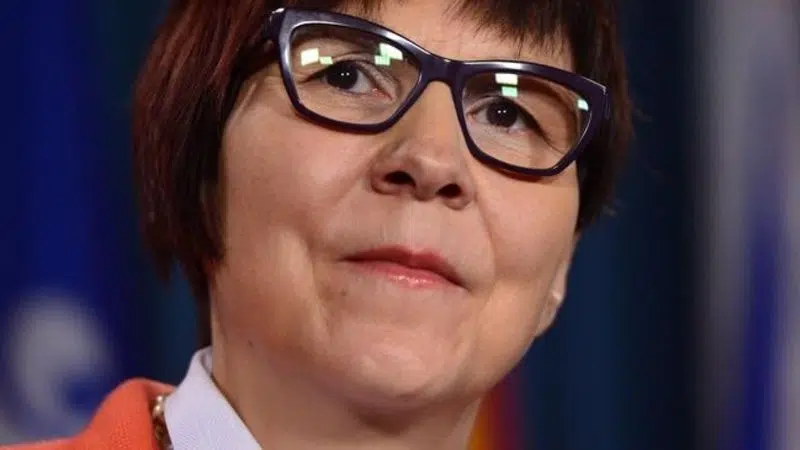
‘Kids will fall through the cracks:’ Advocates critical of child-welfare changes
WINNIPEG — Advocates for children and First Nations say the federal government hasn’t provided funding for or details about extensive child-welfare changes coming next month and they suggest vulnerable children will suffer.
“My greatest fear is that kids will fall through the cracks and families will fall through the cracks,” said Cindy Blackstock, executive director of the First Nations Child and Family Caring Society.
The federal government has said the overhaul of Indigenous child welfare will reduce the number of kids in care by affirming the inherent rights of First Nations, Inuit and Metis communities.
Indigenous groups — which are not defined in the legislation — are to give notice of their intent to exercise their jurisdiction or can request a three-way agreement with the federal and provincial governments.


